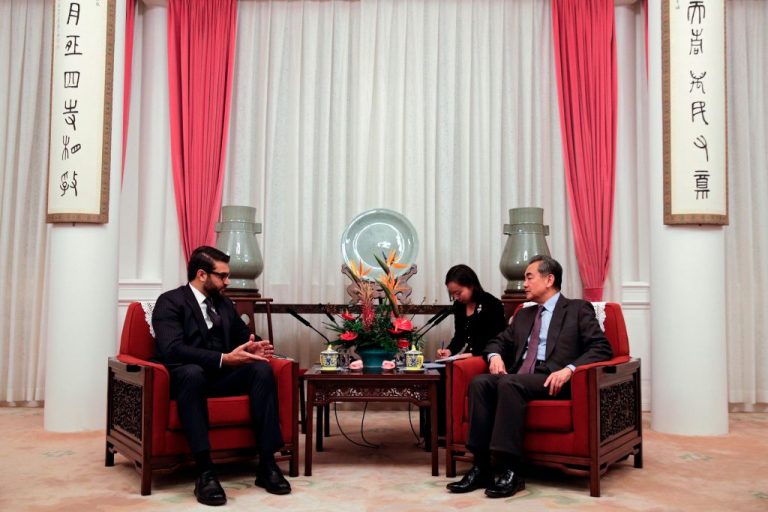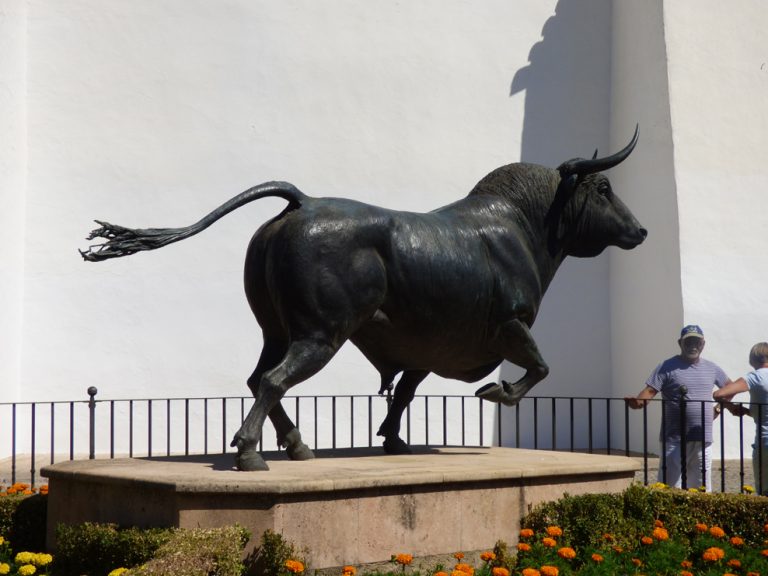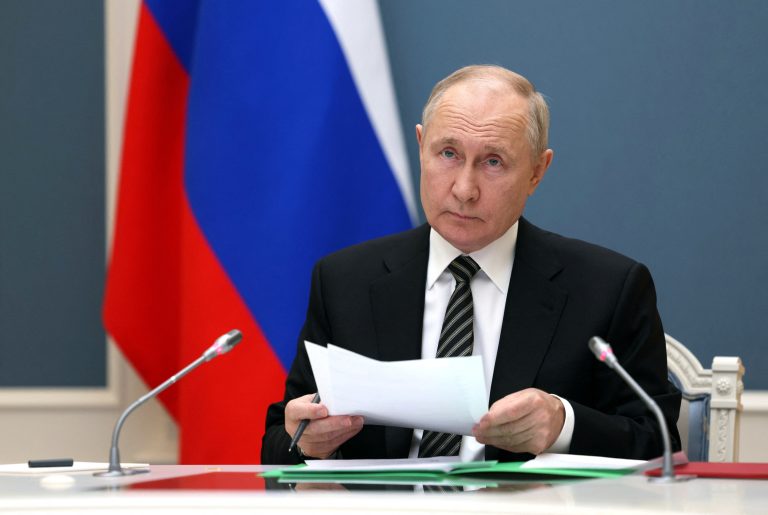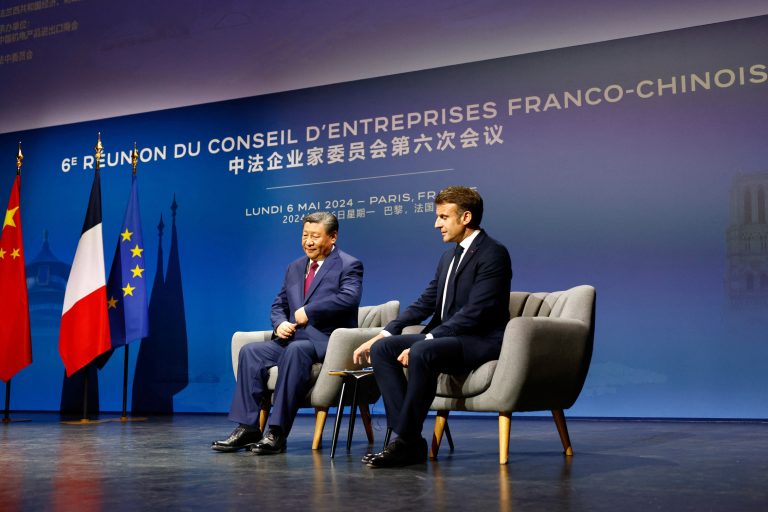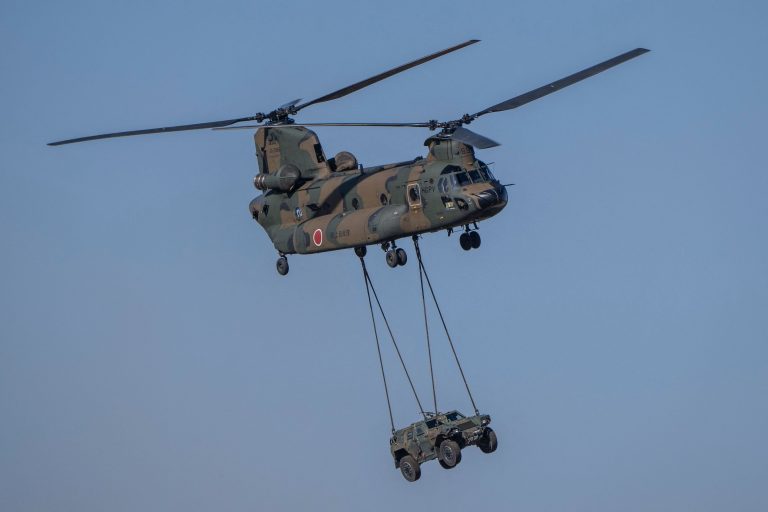Joe Biden’s China Policy Coordinator co-authored a 2015 paper with a major Chinese Communist Party (CCP) United Front Work Department (UFWD) organization, one that has served as a vanguard in subverting U.S. entities such as media, universities, and think tanks, advocating for “China-U.S. Cooperation” in the Middle East, notably Afghanistan.
During her time with the Center for American Progress (CAP), Melanie Hart and the CAP worked with the China-United States Exchange Foundation (CUSEF) to author the 2015 report Exploring Avenues for China-U.S. Cooperation on the Middle East, self described as “A comprehensive exchange of ideas on areas of potential cooperation and common interest between the United States and China on the topic of the Middle East,” penned by the CAP, the CUSEF, and the Shanghai Institutes for International Studies.
Hart, who is Biden’s China Policy Coordinator for the Office of the Undersecretary of State for Economic Growth, Energy and Environment, is described in her biography on the Institute for China American Studies, another pro-Beijing non-profit, website, as having the following credentials:
- Serves on the Board of Directors for the American Mandarin Society;
- A charter member of the East Coast Advancement Committee of the School of International Relations and Pacific Studies at the University of California, San Diego;
- A member of the National Committee on U.S.-China Relations; and
- Private sector experience with Qualcomm, the Albright Stonebridge Group, and the Sowcroft Group.
The CAP is a left-wing think tank that was closely aligned with the Obama White House, according to a 2012 Washington Post report, and the CUSEF, an arm of the UFWD, the Communist Party’s primary organ to corrupt and influence international business, government, and politics, has worked with U.S. public relations firms to co-opt the biggest names in America’s mainstream media, has ties to the Facebook Journalism Project, and ties to U.S. judges and Supreme Court Justices.
In January of this year, National Pulse reported via Foreign Agents Registration Act filings that the CAP has been sending delegations to mainland China through the CUSEF since at least 2009, where, “A wide range of issues including geopolitical cooperation, military-to-military collaboration, climate change, energy security, trade balance, and the global financial crisis,” were discussed.
Success
You are now signed up for our newsletter
Success
Check your email to complete sign up
Members of the delegations included names as big as John Podesta and Los Angeles Mayor Eric Garcetti.
Working quietly together
The Introduction of the 84-page report notably states, “The two countries recently worked quietly together on efforts to enhance stability and progress in Afghanistan, and these efforts could serve as a model for how the United States and China might work together throughout the Middle East and South Asia.”
Authors complained projects initiated by the World Bank, International Monetary Fund, and Asian Development Bank projects in Afghanistan were “proceeding slowly” as the CAP and CUSEF advocated for Washington and Beijing to, “Align their support within these organizations to urge action” at the same time as they promoted the similarities of CCP’s hegemony project, the Belt and Road Initiative, to the U.S.-organized New Silk Road (NSR) project established in 2011 “to integrate Afghanistan into the region” via energy, transport, border security, and connectivity.
The CAP championed a position that China and the U.S. should, “Explore ways to build a new security mechanism to reduce the security risks and threats and manage possible crises along the Silk Road.”
And more bluntly, they called for the NSR to pave the way for the CCP’s BRI, “The NSR’s north-south work should serve as a foundation and opportunity for the Belt and Road projects in Central Asia, as well as in Afghanistan and Pakistan.”
Analysts had their eyes set on the “Wealth of hydrocarbon resources across the Central Asian states and the growing demands in Afghanistan and Pakistan for energy to drive economic development.”
“Both NSR and the Belt and Road initiative offer significant investments that can bolster Afghanistan’s economic sustainability…If the Belt and Road initiative and the NSR work in tandem, they can complete large, concrete projects in the region.”
The report concluded, “As the Belt and Road initiative gains momentum, it has the opportunity to bring unprecedented infrastructure and economic connectivity to Central Asia, Pakistan, and in particular Afghanistan. Yet the depth of need in the region is extraordinary. The Belt and Road initiative and the NSR are more likely to succeed and generate significant returns if they complement one another rather than compete for the same resources.”
“Complementary efforts could range from a simple declaration of noncompetition to coordinated U.S.-China projects in Afghanistan. So far, both countries have welcomed the other’s initiative. Now is the time for each nation to follow through on their stated intentions and produce true cooperation,” claimed the CAP and the CUSEF.
Biden returned early from his untimely vacation at Camp David to address reporters at the White House on Aug. 16, where he conceded the collapse of Afghanistan after he ordered the removal of U.S. troops unfolded “more quickly than we anticipated.”
Joe Biden immediately returned to Camp David after the press conference, according to Fox News.



